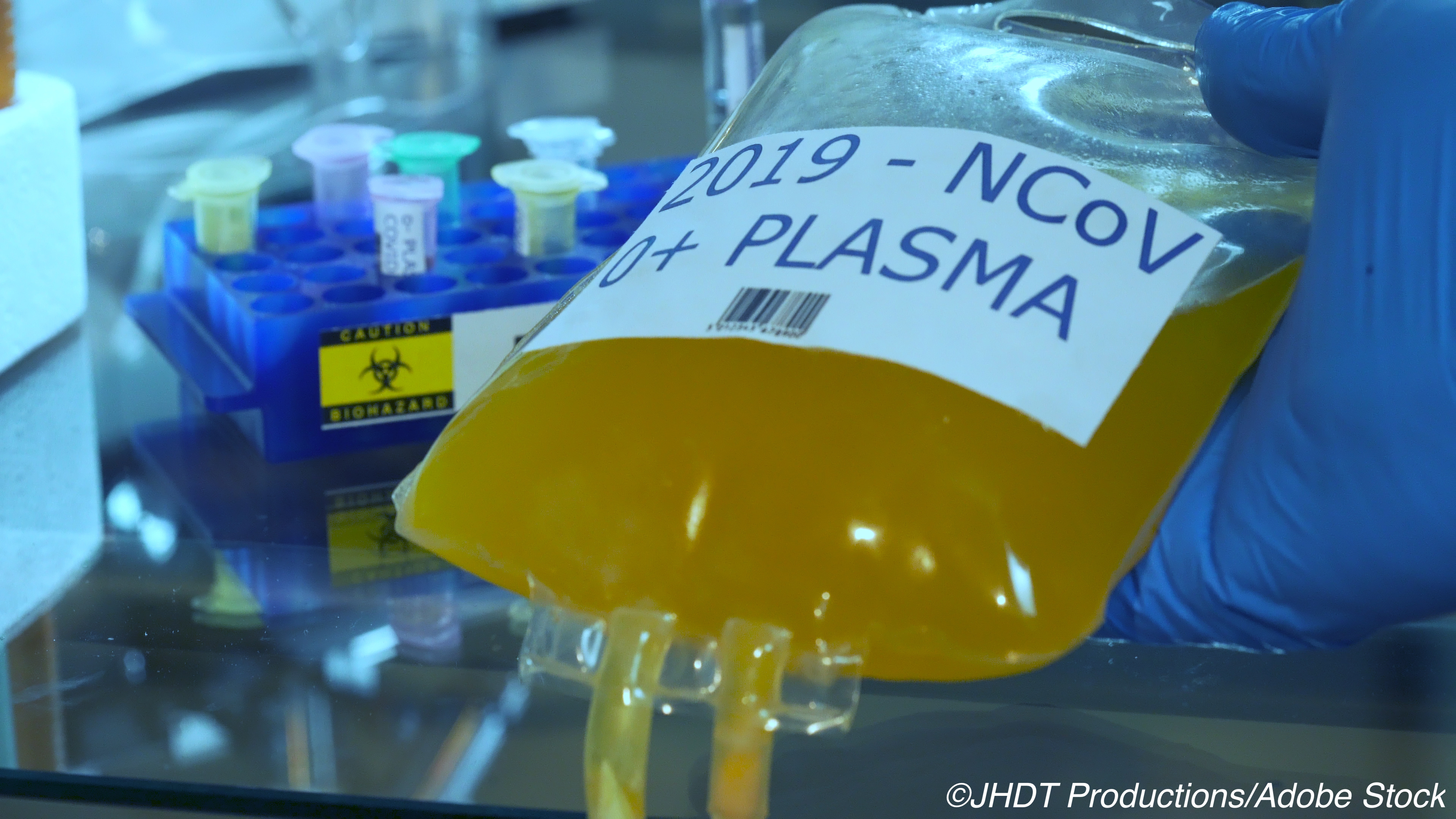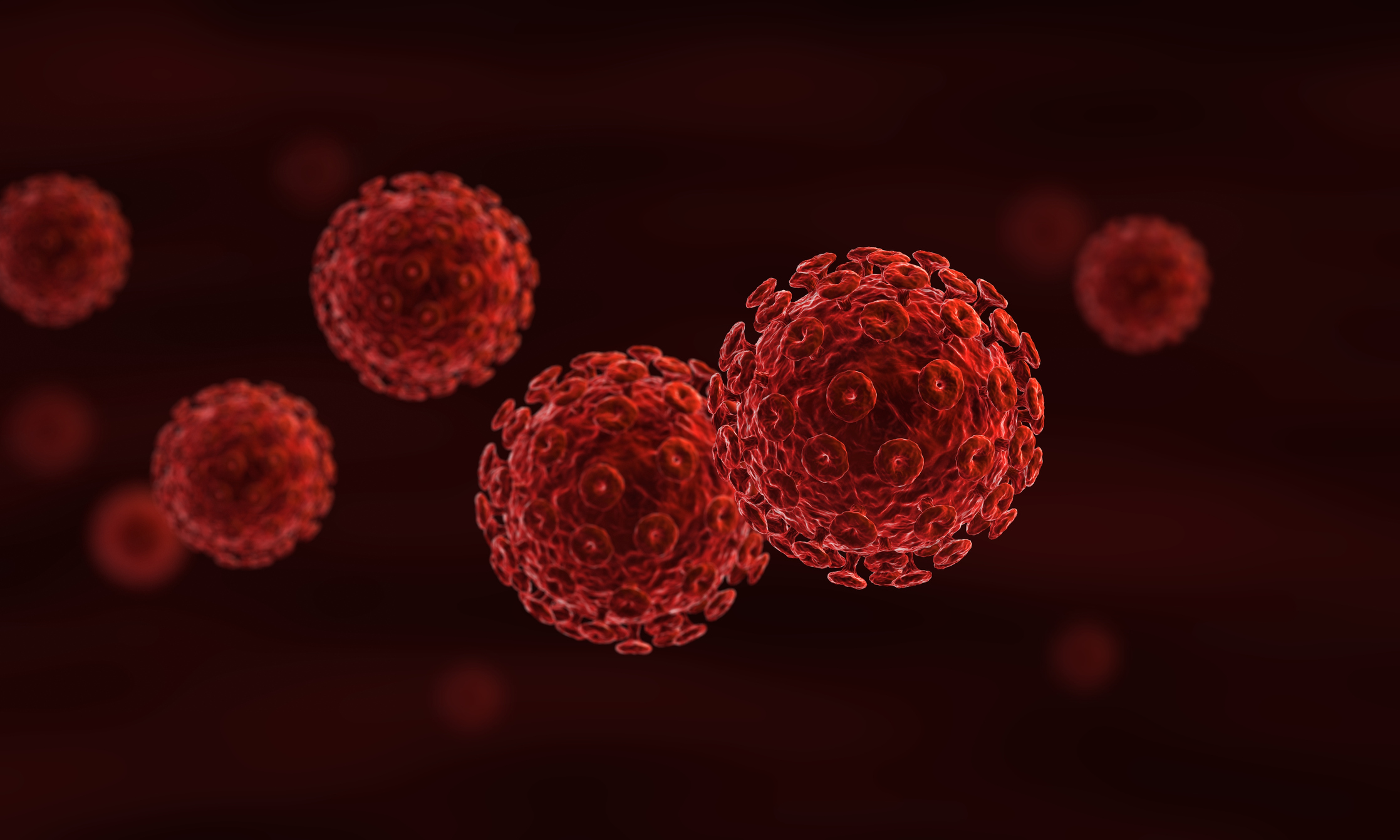
The National Institutes of Health (NIH) issued a statement refuting the FDA’s claims that convalescent plasma is a viable treatment for Covid-19. The FDA, on Aug. 23, issued an emergency use authorization for convalescent plasma, making it available to treat hospitalized patients with the virus.
The NIH’s Covid-19 Treatment Guidelines Panel looked at all the available evidence — published and unpublished data, as well as the data from the Mayo Clinic’s Expanded Access program, the evidence upon which the FDA based its EUA decisions — and concluded that the data aren’t there to recommend for or against its use.
Along with the lack of data, the NIH noted the following:
- While data do not seem to show serious adverse reactions to convalescent plasma, the NIH noted: “The long-term risks of treatment with Covid-19 convalescent plasma and whether its use attenuates the immune response to SARS-CoV-2, making patients more susceptible to reinfection, have not been evaluated.”
- The use of convalescent plasma “should not be considered standard of care” for this patient population.
- In order to determine its safety and efficacy, “prospective, well-controlled, adequately powered randomized trials are needed.”
- The NIH will continue to review the data as it comes out and will updates its Convalescent Plasma section of its Covid-19 guidelines.
In a footnote, the NIH noted that “There are currently no FDA-approved therapies for the treatment of Covid-19” and also explained that an EUA is not an approval, nor does it mean a treatment meets the same standards as those of an approved treatment.
Candace Hoffmann, Managing Editor, BreakingMED™
Cat ID: 190
Topic ID: 79,190,254,930,791,932,190,926,192,927,151,928,925,934


